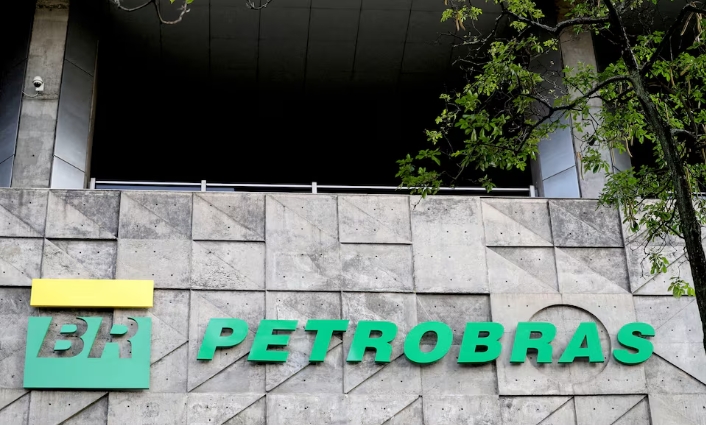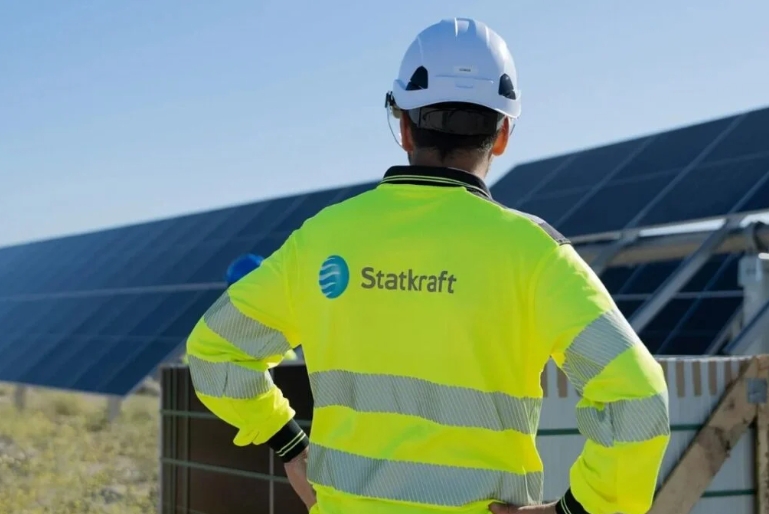
Magda Chambriard, who took over as the state-controlled oil company's chief executive after President Luiz Inacio Lula da Silva fired its former CEO this month, said on Monday she wanted to escalate talks about the region near Guyana to the National Council of Energy Policy (CNPE), which advises the president.
In her first public comments since taking the company's helm on Friday, Chambriard said replenishing oil reserves was a priority for Petrobras, and that exploring the Equatorial Margin was part of that effort.
Petrobras has been waiting for about a year for Brazil's environmental agency Ibama to rule on an appeal made by the firm after the agency denied it the license to drill in the Equatorial Margin's Foz do Amazonas basin over concerns about the impact it could have on the environment and Indigenous peoples. It is about 175 km (109 miles) off the coast of the state of Amapa, in the Amazon region.
The offshore basin is seen as a potential bonanza because it shares geology with nearby Guyana, where Exxon Mobil (XOM.N), opens new tab is developing huge fields.
Chambriard said discussions on whether or not to explore the promising new oil frontier should not be left to one single government body, without specifying whether she meant Ibama, the environment ministry or some other organization.
"I think that every time we restrict a discussion to a single institution, and do not expand this discussion to national interests, we lose," Chambriard said.
The discussion on whether or not to explore the region must be held taking into account the benefits it could bring to Brazilian society, she said.
Chambriard noted that the president would be the one to sign off on any deliberation by the CNPE.
"Every deliberation of the National Council of Energy Policy is signed by the president."
Chambriard also said Petrobras would maintain its current pricing policies for gasoline and diesel sales, stressing that the company had to be profitable while also meeting shareholder needs.
Chambriard said she intended to maintain the adjustments to the company's motor fuel pricing strategy made by the prior management team.
Petrobras implemented last year a more market-based fuel pricing policy for gasoline and diesel sales to favor greater flexibility while avoiding drastic price swings.
Chambriard, a former head of oil and gas regulator ANP, vowed to better insulate the company's fuel prices from international market volatility.







